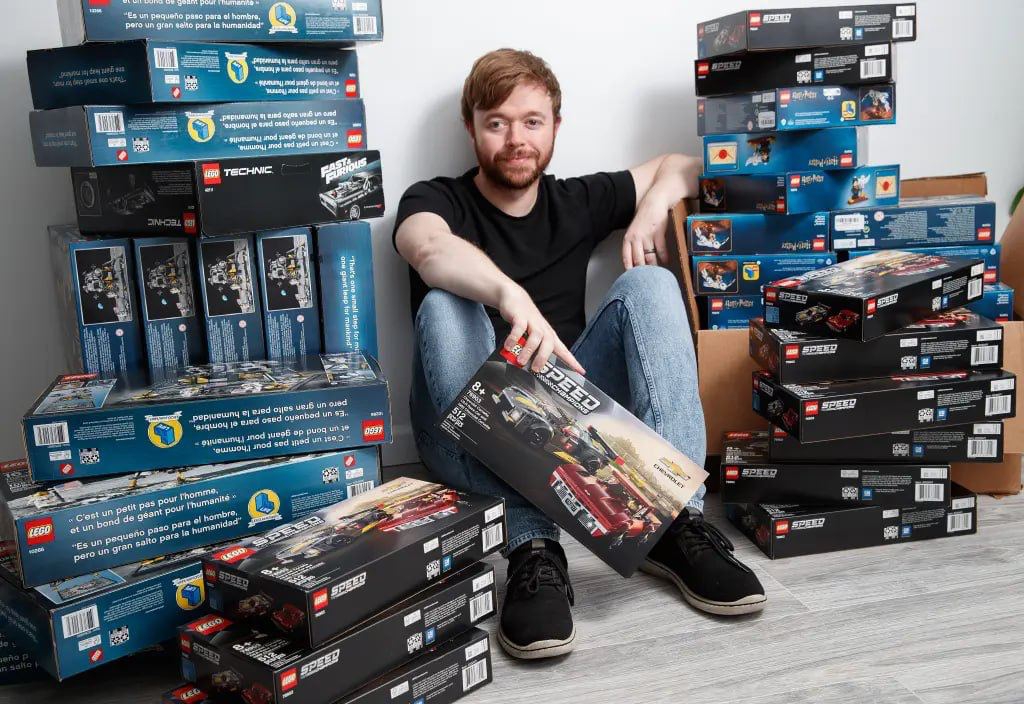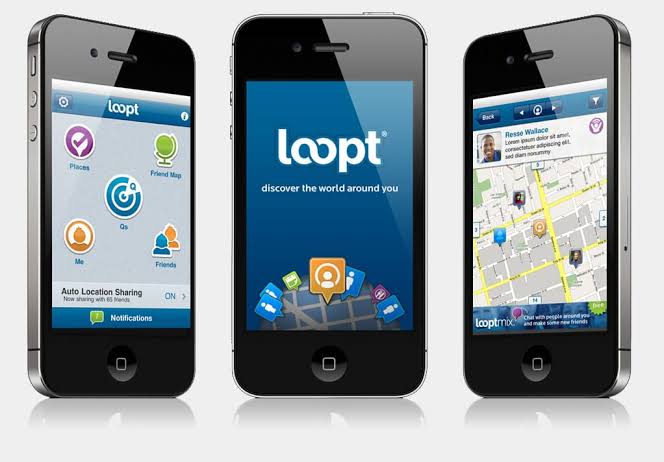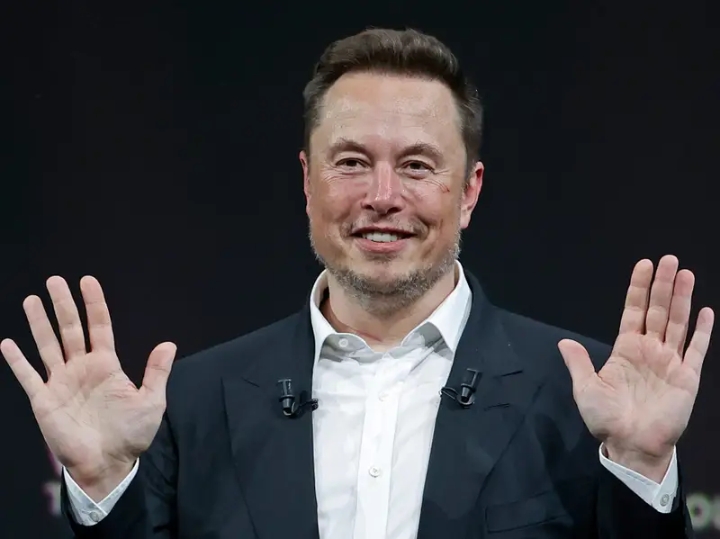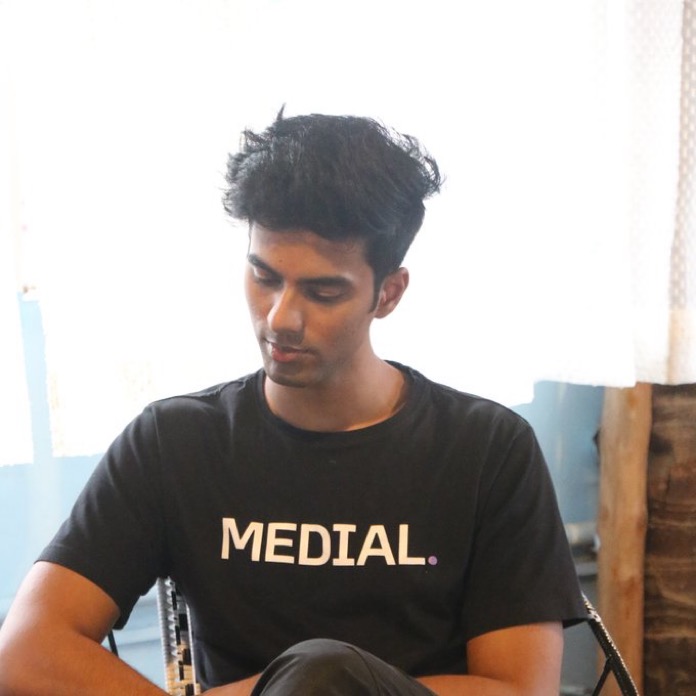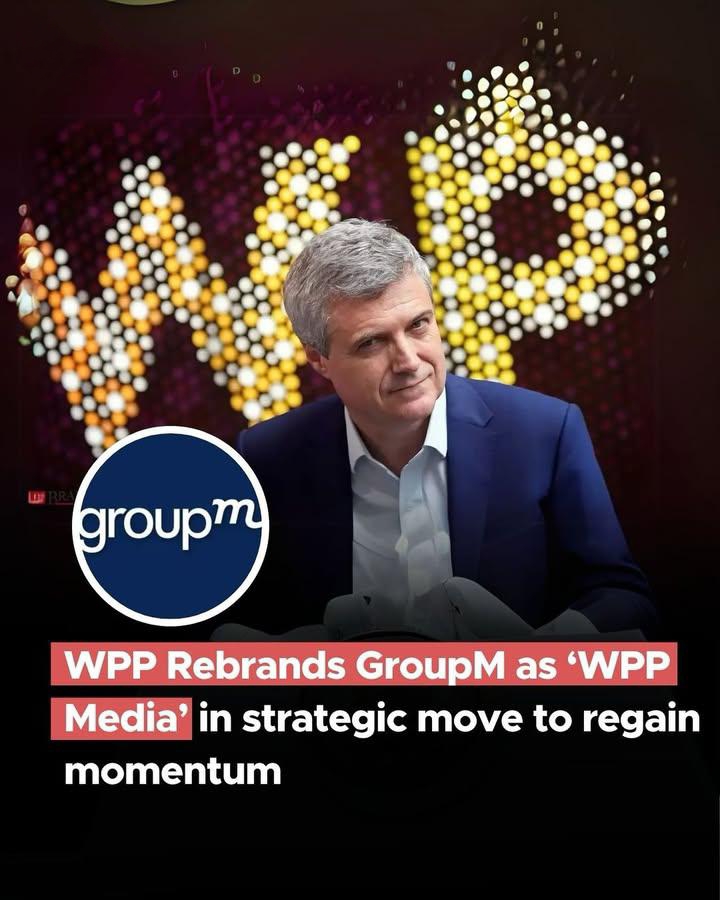Back
Medial Startup Trivia
Trivias Around start... • 1y
Cool is not so nice: VICE The Spectacular Rise and Fall of Vice Media: In the early 2010s, Vice Media was the hottest name in new media. The company behind iconic documentaries like "The Vice Guide to Travel" and cutting-edge journalism was valued at a staggering $5.7 billion. It had secured hundreds of millions of dollars in investments from major players like 21st Century Fox, Disney, and TPG Capital. Vice's edgy, youth-appealing content made it a darling of the media world. But just over a decade later, the once-soaring media empire has filed for bankruptcy protection. So what went wrong for the company that was once hailed as the future of journalism and entertainment? The Origins of Cool: Vice traces its roots back to 1994, when three Canadians - Shane Smith, Suroosh Alvi, and Gavin McInnes - launched a punk magazine called "Voice of Montreal" with government funding. Covering edgier, countercultural topics that traditional publications avoided, the magazine struck a chord. It was rebranded as "Vice" within two years and raised $4 million to move operations to New York City. Throughout the late 90s and 2000s, Vice expanded internationally while maintaining its signature provocative, boundary-pushing style. It launched [vbs.tv](http://vbs.tv/), an online video network featuring edgy documentary series. This allowed Vice to capitalize on the growing appetite for digital content among younger audiences. After parting ways with co-founder Gavin McInnes, Vice doubled down on video under Shane Smith's leadership. It inked lucrative deals with partners like MTV, leading to the creation of Vice News, Motherboard, Noisey and other niche digital channels. The 2010s: Vice's Peak Investors took notice of Vice's success in cultivating a large youth following across its irreverent video, digital and print offerings. In 2013, 21st Century Fox bought a 5% stake for $70 million. The following year, A&E Networks (owned by Disney and Hearst) invested $250 million for a 10% stake. With a warchest of funds, Vice went on an expansionary blitz. It launched Viceland, its own TV channel with $200 million in backing from Disney. Shows like "F*ck, That's Delicious" starring rapper Action Bronson exemplified Vice's unfiltered approach. Meanwhile, Vice News built a reputation for hard-hitting documentaries like "The Vice Guide to Liberia." The company's value skyrocketed to $5.7 billion after TPG's $450 million investment in 2017. Vice struck lucrative content deals with Netflix, HBO and others to bring its unique sensibilities to streaming platforms. Films like "Fear & Loathing in Las Vegas" and documentaries such as "You've Been Trumped" found big audiences. The Fall from Grace However, even at its peak, Vice was exhibiting signs of internal turmoil. In 2017, the New York Times revealed that the company had made settlements involving allegations of sexual harassment against employees, including its president Andrew Creighton. Creighton was fired as over 20 more women came forward with accounts of misconduct. This sparked a reckoning within Vice's "bro culture." Co-founders Shane Smith and Suroosh Alvi admitted to failing to ensure a safe work environment. But the damage was done to Vice's reputation. Over the next few years, Vice went through multiple leadership changes and restructurings in a bid to stem losses. New CEO Nancy Dubuc replaced Alvi and laid off over 150 staff in 2019. However, Vice's core business model was under threat from industry trends. Once heralded as the future of digital media, companies like BuzzFeed and Vice struggled to capture enough online ad revenue as it became concentrated with tech giants. Too much money had been thrown at scaling expansions that didn't pan out. The COVID-19 pandemic accelerated headwinds for Vice. In 2022, it canceled several shows and laid off more employees. By April 2023, the company filed for Chapter 11 bankruptcy. Court filings showed Vice had assets between $500 million to $1 billion but owed $475 million to creditors. It was sold for a mere $350 million to lenders - a tiny fraction of its valuation just years prior. Vice's incredible rise and spectacular unraveling underscores the challenges media upstarts faced in an increasingly monopolized digital ad market. For all its creative success in redefining journalism and entertainment, it could not overcome the same profit pressures that crippled its new media peers like BuzzFeed. As Vice attempts to chart a path forward under new owners, it must find a sustainable business model beyond relying solely on digital advertising. Otherwise, the once red-hot media disruptor risks fading into obsolescence.

Replies (8)
More like this
Recommendations from Medial
Mahendra Lochhab
Content creator • 1y
The Indian Premier League (IPL) received $6.4 billion from TV broadcasters for its media rights from 2023 to 2027, which is comparable to the US football league NFL. The 2023 IPL final was the most-streamed sports broadcast ever, with 32 million view
See MoreJaswanth Jegan
Founder-Hexpertify.c... • 1y
“2 million daily active users to Failure” Billions to Bankruptcy #11 Koo was founded in 2020 by Aprameya Radhakrishna and Mayank Bidawatka as a microblogging platform for Indians in multiple languages.Initially experienced a rapid rise due to its p
See More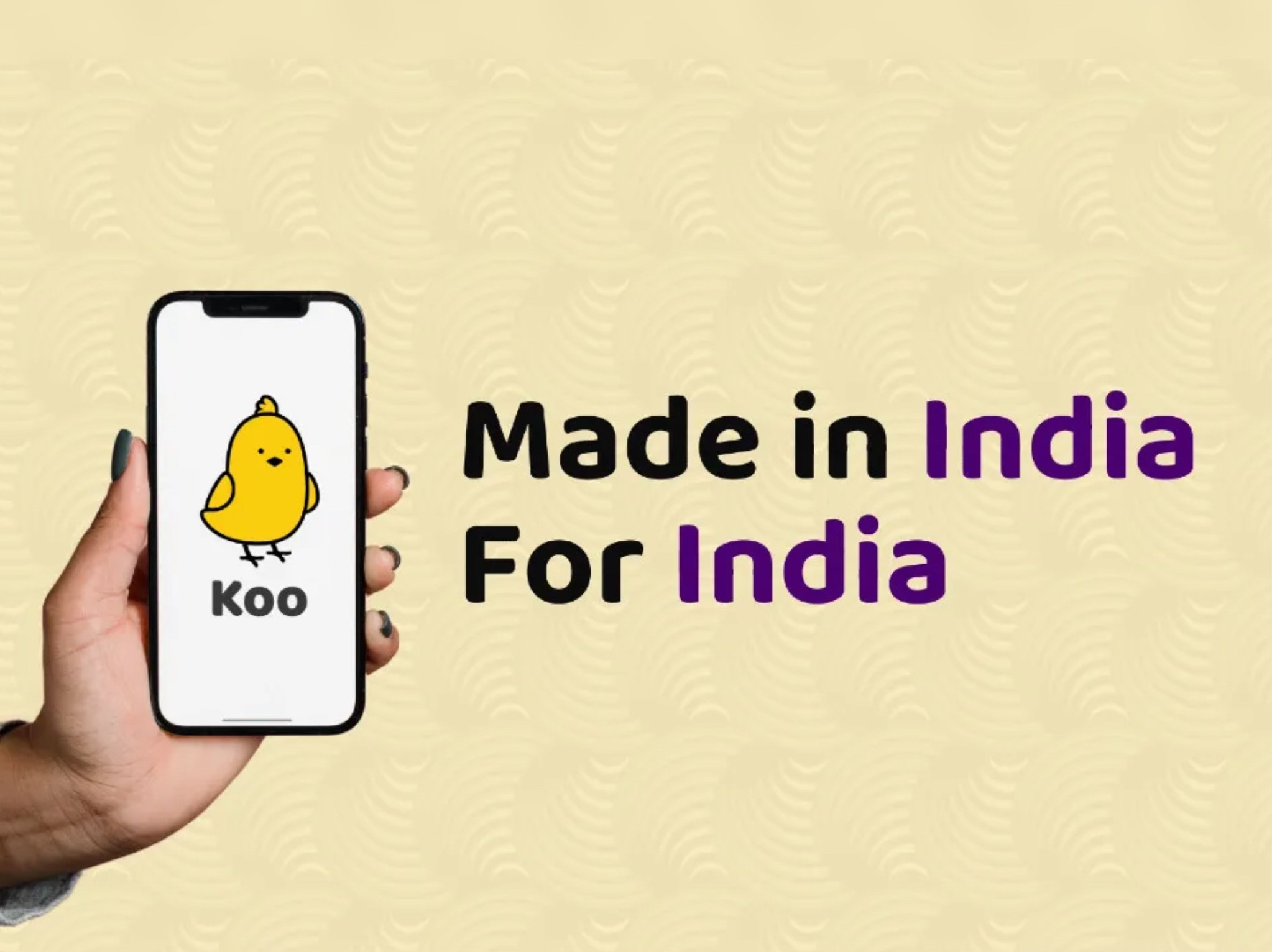
Harshajit Sarmah
Founder & Editor of ... • 1y
In August 2024, the cryptocurrency sector was hit by over 10 significant hacks, resulting in approximately $313.86 million in losses, according to PeckShield. The two largest incidents, both involving phishing attacks and unauthorized transfers, acc
See MoreMohammed Zaid
building hatchup.ai • 1y
Bengaluru-based healthcare company Even Healthcare has wrapped up its Series A funding round after raising $30 million (around Rs 250 crore) as it aims to boost its hospital operations. The funding round was led by existing investor Khosla Venture
See More
Download the medial app to read full posts, comements and news.








